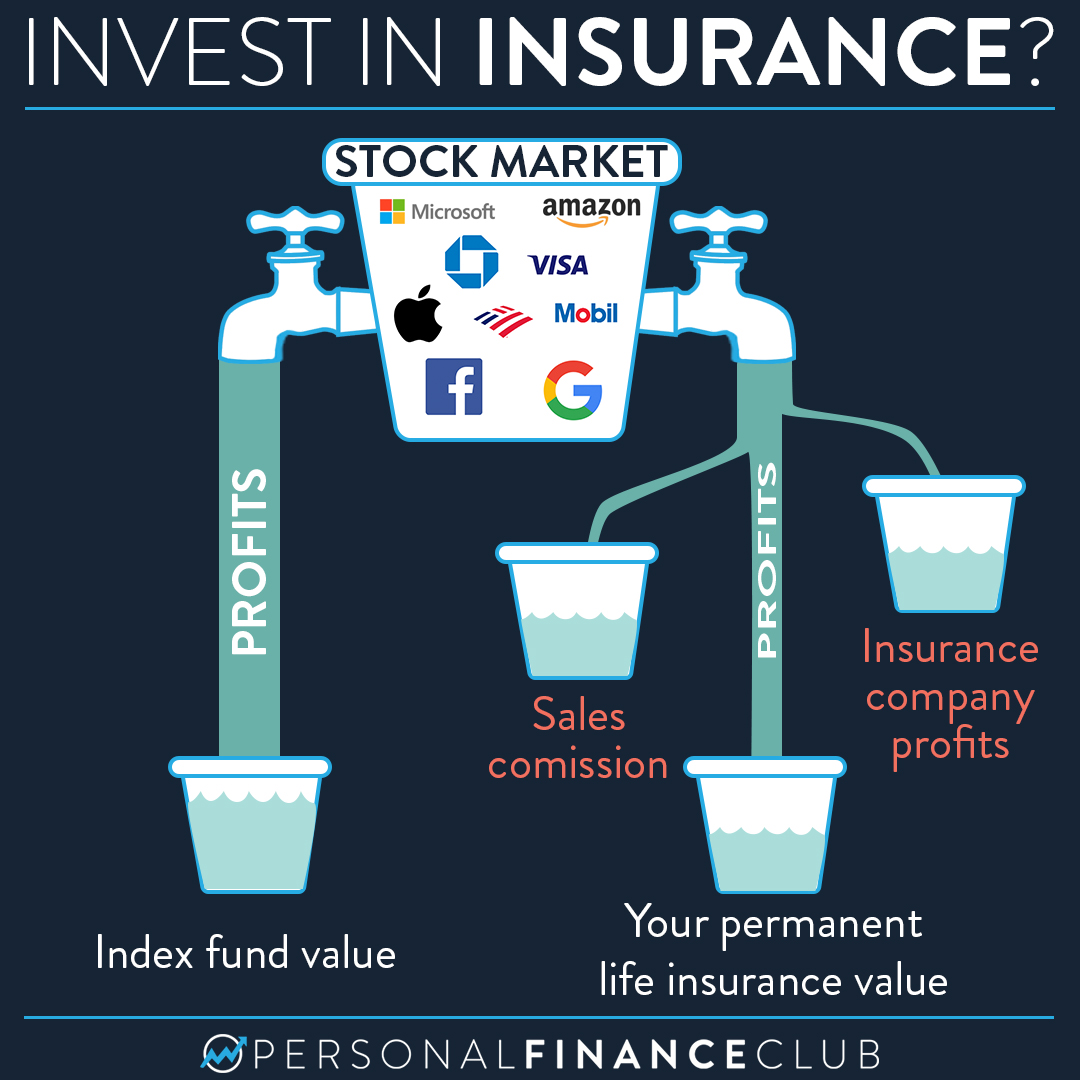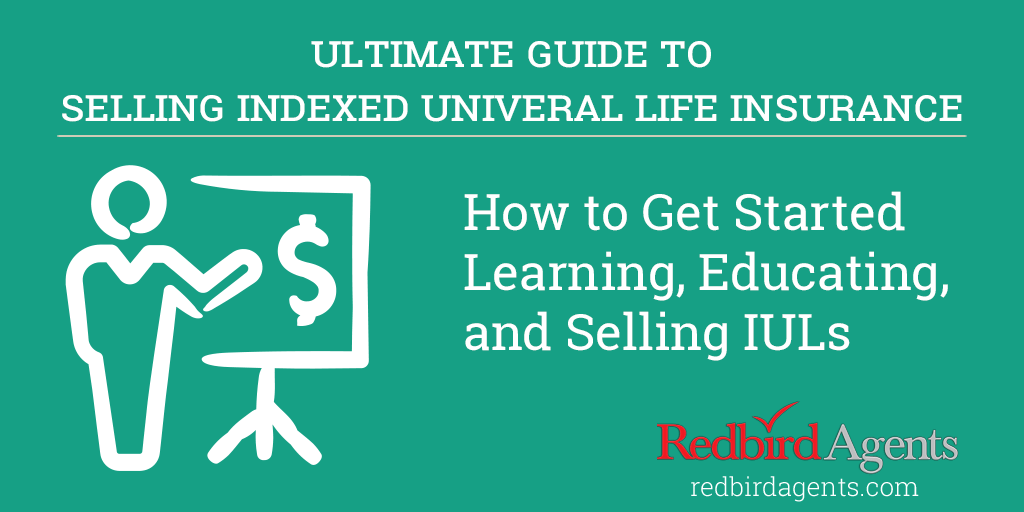All Categories
Featured
Table of Contents
Indexed Universal Life (IUL) insurance policy is a type of long-term life insurance policy plan that combines the functions of conventional global life insurance with the capacity for cash money value growth connected to the efficiency of a securities market index, such as the S&P 500 (Indexed Universal Life policy). Like various other forms of permanent life insurance coverage, IUL provides a survivor benefit that pays to the recipients when the insured passes away
Money worth build-up: A part of the costs settlements enters into a cash money worth account, which makes rate of interest gradually. This cash value can be accessed or borrowed versus during the policyholder's lifetime. Indexing option: IUL policies offer the chance for cash money worth growth based upon the efficiency of a supply market index.
Can I get High Cash Value Iul online?
As with all life insurance policy products, there is also a collection of risks that policyholders must be aware of prior to considering this kind of plan: Market risk: One of the primary threats connected with IUL is market danger. Considering that the cash money worth development is linked to the efficiency of a supply market index, if the index carries out improperly, the cash money value may not grow as expected.

Sufficient liquidity: Insurance holders ought to have a secure financial circumstance and fit with the superior repayment demands of the IUL policy. IUL allows for adaptable costs payments within certain limitations, but it's vital to maintain the plan to ensure it attains its designated goals. Passion in life insurance policy coverage: Individuals who require life insurance coverage and a rate of interest in money value growth may discover IUL attractive.
Candidates for IUL need to have the ability to recognize the mechanics of the plan. IUL may not be the ideal alternative for people with a high resistance for market risk, those that prioritize inexpensive investments, or those with more prompt monetary demands. Consulting with a qualified economic expert that can provide individualized guidance is necessary before thinking about an IUL policy.
All registrants will certainly obtain a calendar invitation and web link to join the webinar via Zoom. Can't make it live? Register anyhow and we'll send you a recording of the presentation the next day.
Is there a budget-friendly Long-term Iul Benefits option?
You can underpay or avoid costs, plus you might be able to readjust your death advantage.
Cash money value, along with potential development of that value through an equity index account. A choice to designate part of the cash money worth to a set interest choice.
Insurance holders can make a decision the percent alloted to the fixed and indexed accounts. The worth of the selected index is videotaped at the start of the month and compared to the worth at the end of the month. If the index enhances throughout the month, interest is included in the cash worth.
The resulting rate of interest is added to the cash money value. Some policies compute the index gets as the amount of the modifications for the duration, while other plans take a standard of the day-to-day gains for a month.
What is included in Iul Plans coverage?
The rate is established by the insurance coverage firm and can be anywhere from 25% to even more than 100%. (The insurance company can also alter the take part rate over the life time of the plan.) If the gain is 6%, the engagement rate is 50%, and the current money value total is $10,000, $300 is added to the cash value (6% x 50% x $10,000 = $300).
There are a variety of advantages and disadvantages to think about prior to purchasing an IUL policy.: Just like typical universal life insurance policy, the policyholder can enhance their costs or lower them in times of hardship.: Quantities attributed to the cash value grow tax-deferred. The money worth can pay the insurance coverage premiums, permitting the policyholder to minimize or stop making out-of-pocket premium payments.
What is a simple explanation of Iul Investment?
Several IUL policies have a later maturation day than various other kinds of universal life plans, with some ending when the insured reaches age 121 or more. If the insured is still alive back then, plans pay the survivor benefit (yet not generally the cash worth) and the proceeds might be taxed.

: Smaller sized policy stated value don't provide much advantage over regular UL insurance coverage policies.: If the index goes down, no rate of interest is attributed to the money value. (Some plans offer a reduced assured rate over a longer duration.) Other financial investment cars use market indexes as a standard for performance.
With IUL, the goal is to make money from upward activities in the index.: Since the insurance provider just purchases options in an index, you're not directly purchased stocks, so you do not benefit when companies pay dividends to shareholders.: Insurers cost fees for managing your cash, which can drain pipes money value.
What is a simple explanation of Iul Policyholders?

For lots of people, no, IUL isn't much better than a 401(k) - Indexed Universal Life account value in terms of conserving for retirement. The majority of IULs are best for high-net-worth people searching for means to minimize their taxed revenue or those who have maxed out their various other retirement alternatives. For every person else, a 401(k) is a much better investment lorry because it does not bring the high charges and costs of an IUL, plus there is no cap on the quantity you may gain (unlike with an IUL plan)
, the incomes on your IUL will not be as high as a regular investment account. The high cost of premiums and costs makes IULs expensive and significantly less budget-friendly than term life.
Indexed universal life (IUL) insurance coverage uses money value plus a death benefit. The cash in the cash value account can earn passion via tracking an equity index, and with some frequently allocated to a fixed-rate account. However, Indexed universal life plans cap just how much money you can accumulate (typically at less than 100%) and they are based upon a possibly volatile equity index.
Who has the best customer service for Iul Cash Value?
A 401(k) is a much better choice for that purpose due to the fact that it doesn't carry the high fees and costs of an IUL policy, plus there is no cap on the quantity you might make when spent. The majority of IUL policies are best for high-net-worth people seeking to lower their gross income. Investopedia does not offer tax obligation, investment, or financial solutions and guidance.
If you're taking into consideration getting an indexed global life policy, very first consult with a financial consultant that can discuss the nuances and provide you a precise image of the actual capacity of an IUL plan. Make certain you recognize exactly how the insurer will certainly calculate your interest rate, profits cap, and costs that may be analyzed.
Latest Posts
Universal Life Policy Vs Term
Flexlife Indexed Universal Life
Universal Life Insurance Rate